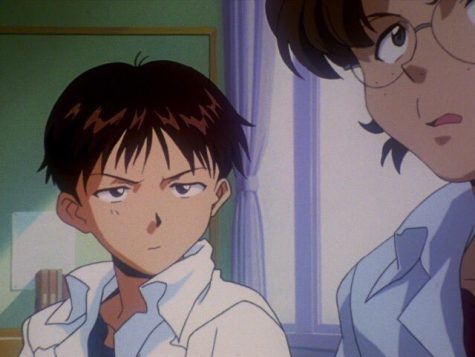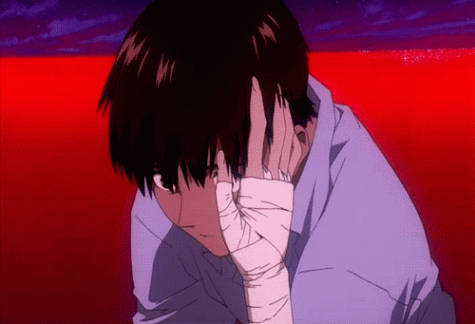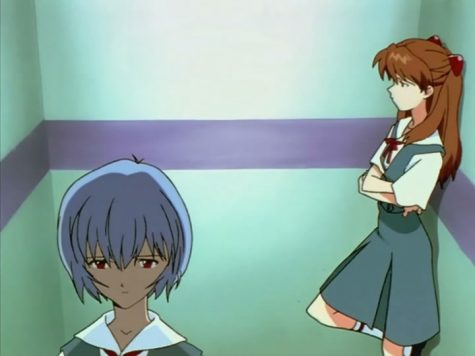Netflix’s Evangelion.
December 20, 201912 Views
Neon Genesis Evangelion is an anime classic. The season-long series debuted in 1995 and was well received in both Japan and the US. Evangelion follows the lives of three teenagers that are forced to pilot giant robots to save the world from similarly giant monsters. The show additionally covers a lot of the struggles of human intimacy and is a metaphor for the book of Genesis and several Jewish themes. It’s great. Netflix recently added its own version of Evangelion in June. It is not so great.

Fans of the show are irate with Netflix due to some very distinct differences with the original version. For one, the memorable “Fly Me To The Moon” credit song was replaced. The original outro added to the weird and difficult to understand vibe of the show, and removing this addition was simply a poor move.  Granted, it is stated that this choice was due to Netflix not getting the rights to the song. The next most notable difference for fans of the original version is that the main characters gayness is erased in the Netflix version. Shinji, the series’ main character is talking to Kaworu, another male his age that in the original version says, “Your heart is fragile like glass.” to which Shinji replies “It is?” Kaworu responds, “Yes, worthy of love. I mean, I love you.” In the Netflix version Kaworu’s line is changed to “It means I like you.”
Granted, it is stated that this choice was due to Netflix not getting the rights to the song. The next most notable difference for fans of the original version is that the main characters gayness is erased in the Netflix version. Shinji, the series’ main character is talking to Kaworu, another male his age that in the original version says, “Your heart is fragile like glass.” to which Shinji replies “It is?” Kaworu responds, “Yes, worthy of love. I mean, I love you.” In the Netflix version Kaworu’s line is changed to “It means I like you.” The last difference that irked me the most is that Netflix made Evangelion into something more appropriate than it genuinely is. Almost all cursing was removed, female nipples were covered, and several of the original lines were changed making them less thought provoking and honestly dumber (possibly in consideration of the typical American.) I wanted the original raw, impactful experience of the original. I wanted the vibe, and Netflix did not deliver.
The last difference that irked me the most is that Netflix made Evangelion into something more appropriate than it genuinely is. Almost all cursing was removed, female nipples were covered, and several of the original lines were changed making them less thought provoking and honestly dumber (possibly in consideration of the typical American.) I wanted the original raw, impactful experience of the original. I wanted the vibe, and Netflix did not deliver.
With that being said, for anyone unfamiliar with Evangelion, Netflix is a decent place to start. It is still worth watching despite any differences with the original.
